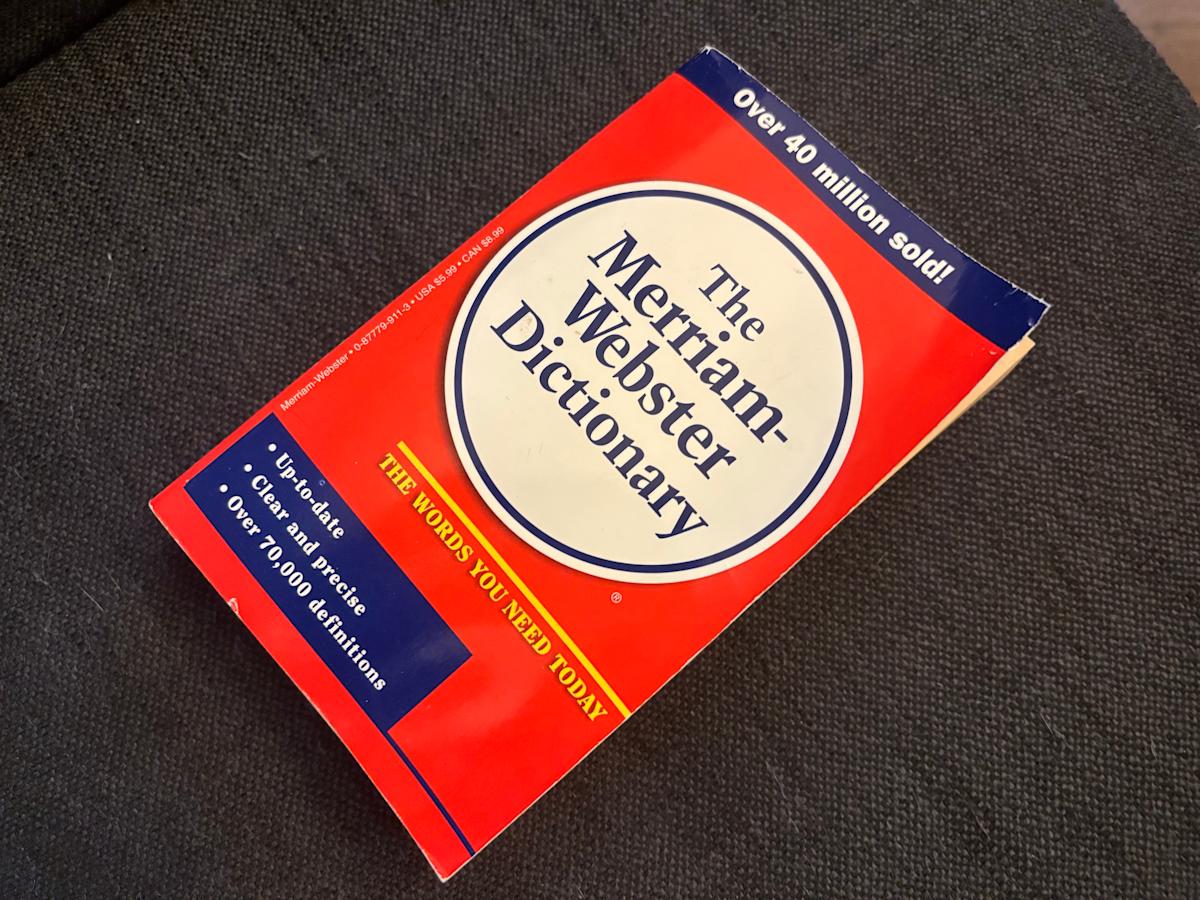Perplexity Sued by Merriam-Webster and Encyclopedia Britannica Over Copyright Claims

Key Points
- Merriam-Webster and Encyclopedia Britannica sue Perplexity for alleged copyright infringement.
- Plaintiffs claim Perplexity copies protected content without permission or payment.
- The lawsuit alleges false AI-generated statements are incorrectly attributed to the publishers.
- Perplexity’s answer engine is said to divert user clicks, harming publisher revenue.
- The case seeks monetary damages and an injunction to stop the alleged misuse.
- Previous lawsuits include claims from the Wall Street Journal, New York Post, Nikkei, and Asahi Shimbun.
- The legal actions reflect broader conflicts between AI platforms and traditional media over content rights.
Merriam-Webster and its parent company, Encyclopedia Britannica, have filed a lawsuit against AI answer engine Perplexity, alleging that the platform unlawfully copies their copyrighted content and attributes false or inaccurate information to them. The complaint seeks monetary damages and an injunction to stop the alleged misuse. The filing also notes that Perplexity’s technology diverts user clicks away from publishers, potentially harming their revenue. This is not the company's first legal challenge; prior suits have been brought by the Wall Street Journal, the New York Post, and Japanese media firms Nikkei and Asahi Shimbun.
Legal Action Initiated
Merriam-Webster and its parent company, Encyclopedia Britannica, have taken Perplexity to federal court, accusing the AI answer engine of copyright infringement. The plaintiffs allege that Perplexity’s product copies protected content from their publications without authorization or compensation.
The complaint, in New York federal court, requests unspecified monetary damages and an order that would prevent Perplexity from further misusing the plaintiffs’ content.
Allegations of False Attribution and Hallucinations
Beyond direct copying, the lawsuit claims that Perplexity generates false or inaccurate “hallucinations” and then incorrectly attributes those statements to Merriam-Webster and Britannica. The plaintiffs argue that such misattributions mislead users and damage the reputations of the established reference publishers.
Impact on Publisher Revenue
The filing describes Perplexity’s answer engine as a tool that eliminates user clicks on the plaintiffs’ and other web publishers’ websites. By providing direct answers to user queries, the AI platform allegedly starves publishers of traffic and the associated advertising revenue that depends on those clicks.
According to the complaint, Perplexity builds its substitute product by “massive copying” of protected content without permission or remuneration, thereby undermining the financial model of traditional publishers.
History of Legal Challenges
This lawsuit follows a series of prior legal actions against Perplexity. Last year, the company faced copyright infringement claims from the Wall Street Journal and the New York Post. More recently, Japanese media companies Nikkei and Asahi Shimbun sued Perplexity on similar grounds, alleging unauthorized use of their copyrighted material.
The accumulation of these cases highlights a growing tension between AI-driven content platforms and traditional media outlets over the ownership and use of copyrighted material.
Potential Outcomes
While the complaint does not detail specific monetary figures, the plaintiffs seek both financial compensation and an injunction to block Perplexity from further infringing activities. The case may set a precedent for how AI answer engines handle copyrighted content and could influence future industry practices regarding content licensing and attribution.